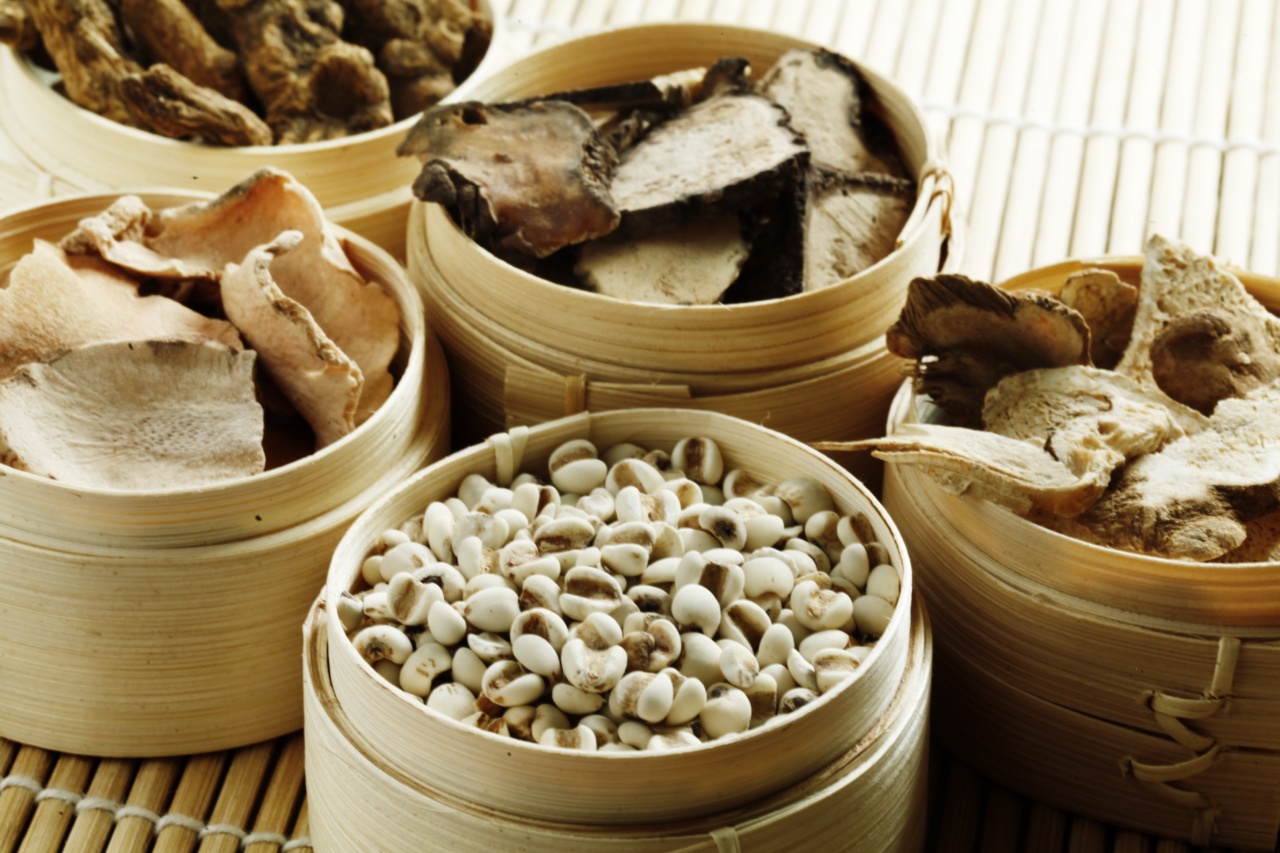The digestive system is an essential part of our body that plays a vital role in the absorption of nutrients, elimination of waste, and maintenance of overall health.
Any disturbance in its functioning can lead to numerous health problems, including bloating, constipation, diarrhea, gas, and even colon cancer. Therefore, taking care of our gastrointestinal health is crucial for overall well-being.
Causes of GI problems
Many factors can lead to digestive problems, such as a poor diet, stress, sedentary lifestyle, medication, and chronic health conditions like diabetes, irritable bowel syndrome (IBS), and inflammatory bowel disease (IBD).
Poor gut health can also result from an imbalance of microorganisms in the gut, which can lead to dysbiosis and an increased risk of infections.
Beneficial natural remedies for GI health
Fortunately, some natural remedies can help maintain a healthy digestive system and even alleviate GI problems. Here are ten natural remedies that can be helpful:.
1. Probiotics
Probiotics are live bacteria and yeast that are beneficial for gut health and digestion. They can help restore the natural balance of beneficial bacteria in the gut and reduce inflammation.
Probiotic-rich foods include yogurt, kefir, sauerkraut, kimchi, and pickles. Probiotic supplements are also available in the form of capsules, powders, and liquids.
2. Prebiotics
Prebiotics are a type of dietary fiber that feeds the beneficial bacteria in the gut. They help improve gut health by increasing the number and diversity of beneficial bacteria.
Prebiotic-rich foods include artichokes, bananas, garlic, onions, and asparagus.
3. Apple cider vinegar
Apple cider vinegar is a popular natural remedy known for its many health benefits, including improved digestion. It helps stimulate the production of stomach acid, which aids in the breakdown and digestion of food.
It also has antibacterial properties that can help reduce the risk of harmful bacterial infections in the gut.
4. Ginger
Ginger is a natural anti-inflammatory that can help reduce inflammation in the gut lining. It also promotes the production of digestive enzymes, which aid in the breakdown of food. Ginger can be consumed in the form of tea, capsules, or added to meals.
5. Slippery elm
Slippery elm is a type of tree bark that has been used for centuries as a natural remedy for digestive problems. It helps soothe the lining of the gut, reduces inflammation, and promotes tissue regeneration.
Slippery elm can be consumed in the form of supplements or added to smoothies or oatmeal.
6. Aloe vera
Aloe vera is a succulent plant known for its soothing and healing properties. Its gel-like substance helps soothe inflammation in the gut and reduce the risk of harmful bacterial infections. Aloe vera can be consumed in the form of juice or supplements.
7. Peppermint
Peppermint is a natural remedy known for its soothing and calming effects on the digestive system. It helps relax the muscles of the digestive tract and can relieve symptoms of bloating, gas, and indigestion.
Peppermint can be consumed in the form of tea or capsules.
8. Chamomile
Chamomile is a natural anti-inflammatory that can help soothe inflammation in the gut lining. It also has a calming effect on the nervous system, which can help reduce stress, one of the leading causes of digestive problems.
Chamomile can be consumed in the form of tea or supplements.
9. Fennel
Fennel is a natural anti-inflammatory that can help reduce inflammation in the gut lining. It also has antispasmodic properties that help relax the muscles of the digestive tract and reduce symptoms of bloating and gas.
Fennel can be consumed in the form of tea or added to meals.
10. Licorice root
Licorice root is a natural remedy known for its anti-inflammatory and soothing properties. It helps reduce inflammation in the gut lining and promotes tissue regeneration. Licorice root can be consumed in the form of supplements or tea.
Conclusion
There are many natural remedies that can help improve gut health and alleviate digestive problems. Incorporating these remedies into your diet and lifestyle may help reduce the risk of GI problems and promote overall health and well-being.































